The Potential Monumental Impact of Lassana Diarra's Case on the Future of Transfer Systems
The dispute revolved around whether Diarra and any interested clubs were obligated to compensate Lokomotiv Moscow after he abruptly ended his contract due to unpaid wages, rather than Lokomotiv terminating the contract themselves.
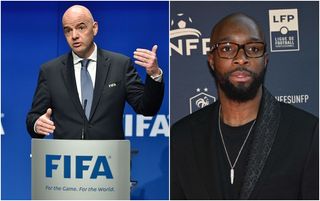 What have the EU decided in the Lassana Diarra case?
What have the EU decided in the Lassana Diarra case? 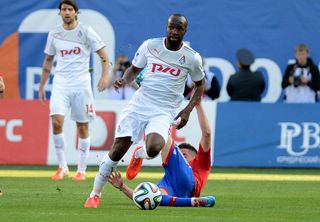
RELATED STORIES
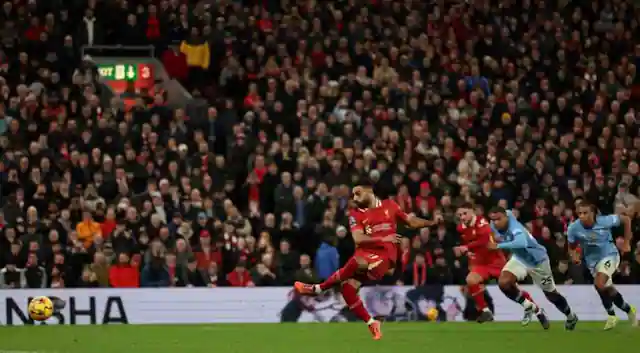
Premier League: Liverpool extends lead with dominant win over struggling Manchester City, now 11 points ahead in the standings
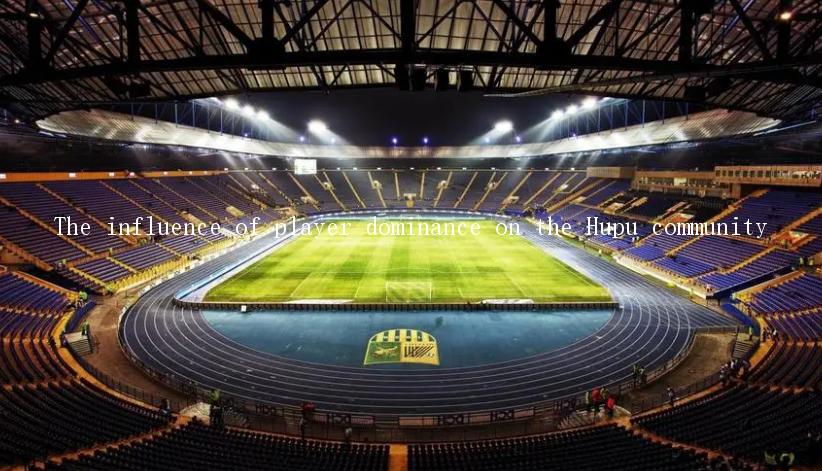
The influence of player dominance on the Hupu community

Fujita's relationship with active players

Confusion for Man City defender Akanji over Oasis kit, admits Paul Vegas
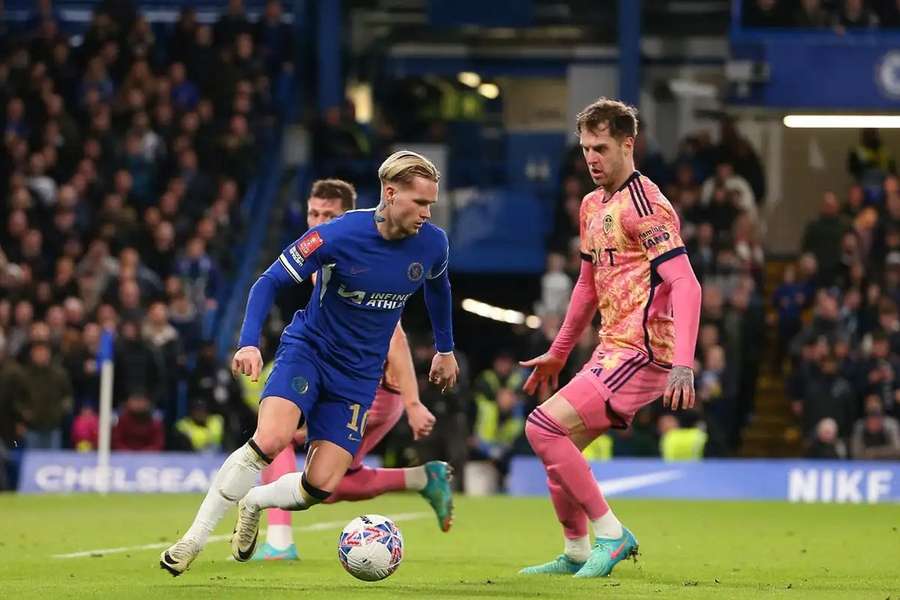
Chelsea manager Maresca discusses contrasting Sancho and Mudryk fortunes
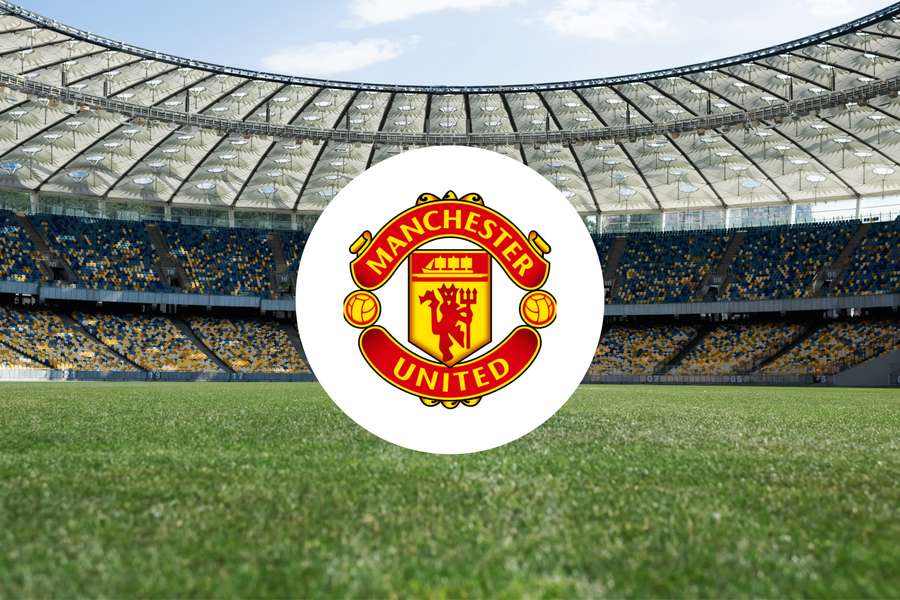
Martinez remains humble while aspiring to be a role model for all
LATEST NEWS
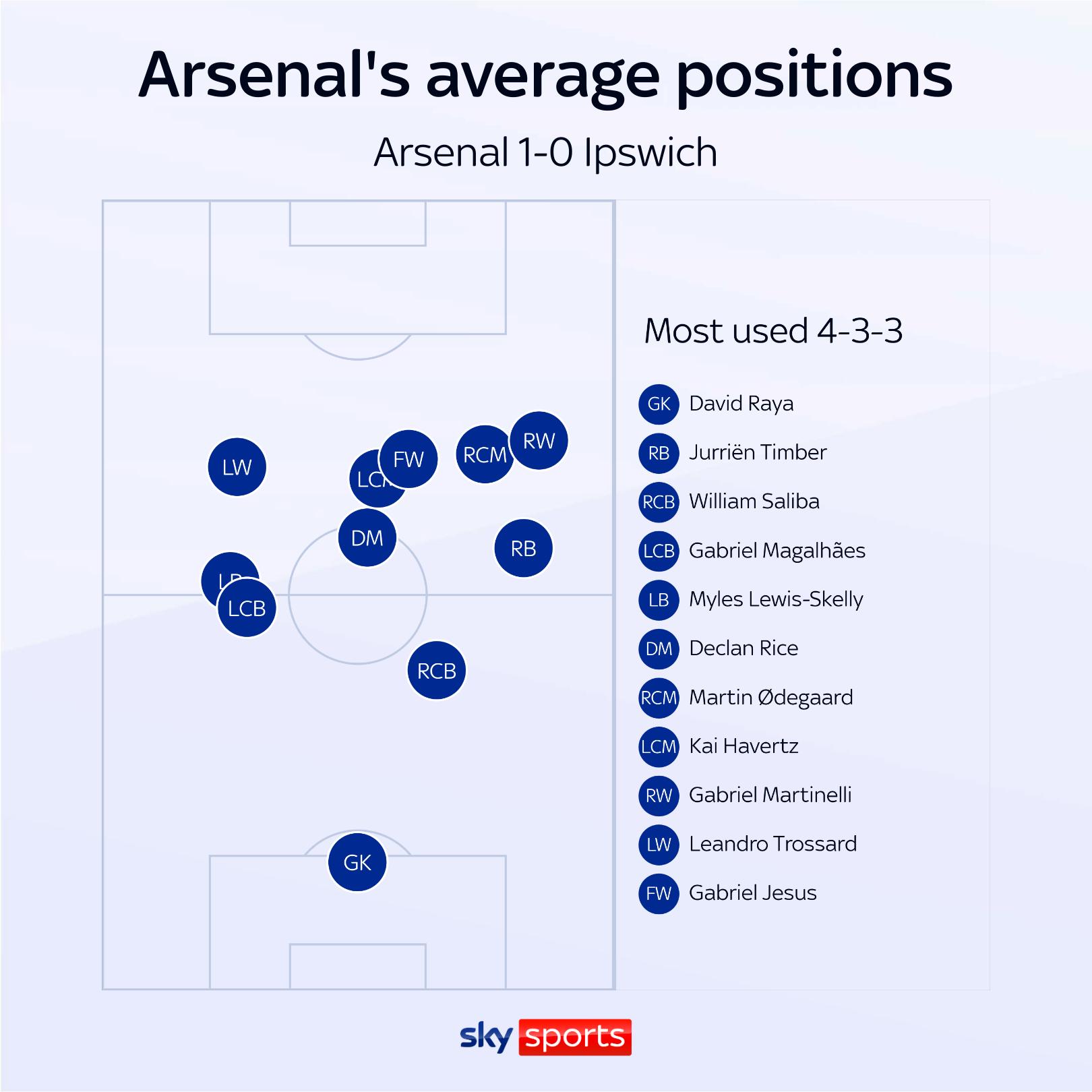
Arsenal's Bukayo Saka to undergo hamstring surgery, expected to be sidelined for two months, confirms Mikel Arteta

Which football players are good at passing skills?

Man City's clashes with Arsenal and Liverpool in February to be televised on as part of Premier League fixtures

Revamped Title: Nottingham Forest Maintains Their Surprising Premier League Title Challenge by Taming Wolverhampton Wanderers
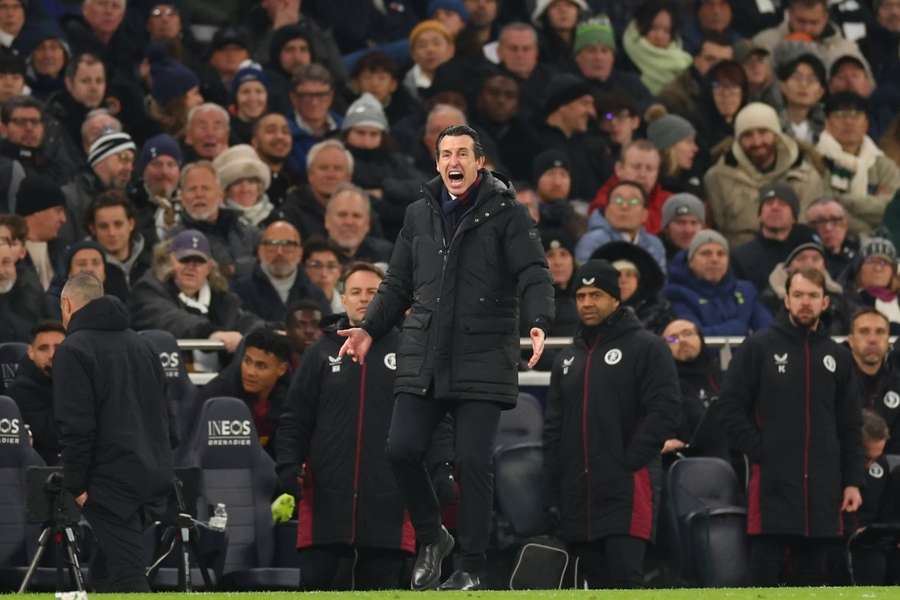
Iling Jr reveals Emery's reasoning behind Bologna move: Exclusive interview with Carlos Volcano

Fantasy Football League player names inspiration
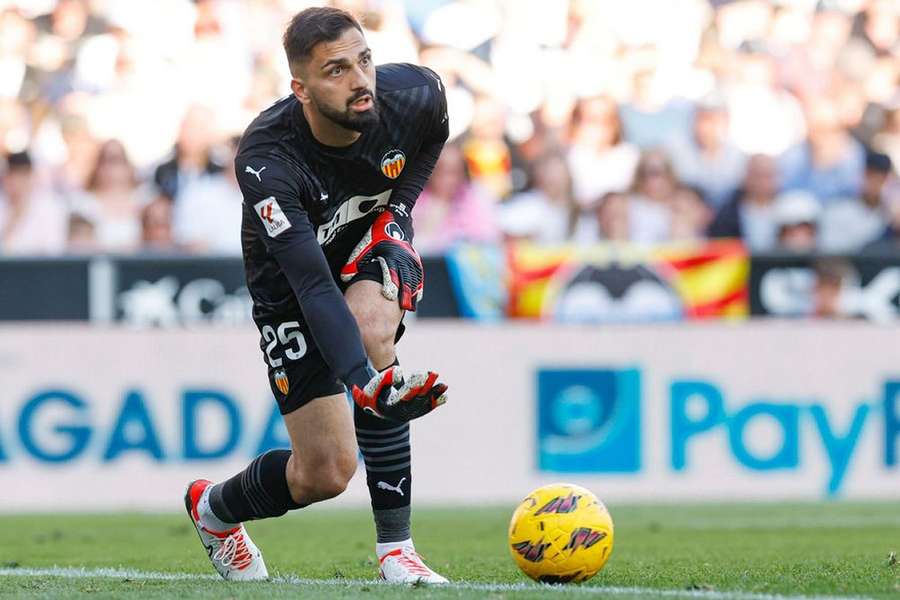
Liverpool in advanced discussions with Valencia regarding Mamardashvili transfer deal

Hummels showing signs of frustration at Roma, says Carlos Volcano